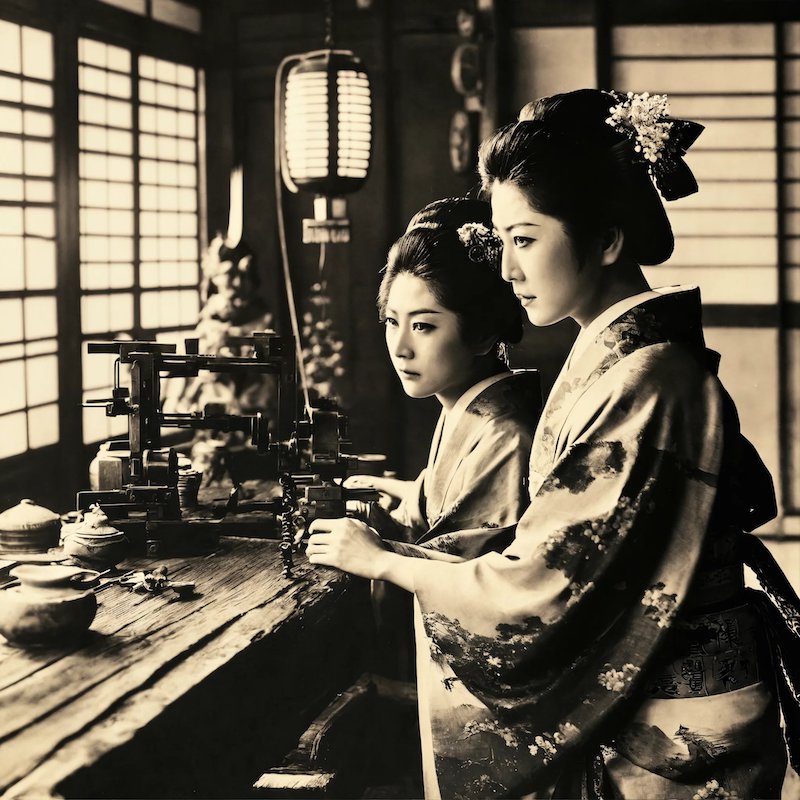The history of the development of Japanese cinema

Once upon a time in Japan, amidst the early 20th century, a burgeoning fascination with moving pictures captivated the nation. It all began with the introduction of foreign films, captivating audiences with their mesmerizing visuals and captivating stories. Inspired by these cinematic wonders, Japanese filmmakers embarked on a journey to create their own cinematic masterpieces. In the 1910s, the first Japanese films emerged, initially mimicking the styles and themes of Western cinema. However, as time went on, Japanese filmmakers began to infuse their unique cultural perspectives into their work. One of the pioneers of this era was Shozo Makino, often referred to as the "Father of Japanese Cinema," who crafted films that explored Japanese traditions and societal issues. The 1920s marked a period of rapid growth for Japanese cinema, with the establishment of production companies like Nikkatsu and Shochiku. Directors like Yasujiro Ozu and Kenji Mizoguchi rose to prominence, crafting poignant dramas that delved deep into human emotions and societal complexities. The 1930s brought significant advancements in film technology and storytelling techniques. Japanese cinema flourished with the advent of sound films, allowing for more immersive storytelling experiences. It was during this time that iconic films like Akira Kurosawa's "Rashomon" and Hiroshi Inagaki's "The Rickshaw Man" captivated audiences worldwide, showcasing the artistic prowess of Japanese filmmakers. The post-World War II era saw a resurgence of Japanese cinema, with directors like Akira Kurosawa, Kenji Mizoguchi, and Yasujiro Ozu gaining international acclaim for their groundbreaking works. Kurosawa's samurai epics like "Seven Samurai" and "Yojimbo" became timeless classics, influencing filmmakers around the globe. Throughout the decades, Japanese cinema continued to evolve, embracing new genres and pushing artistic boundaries. From the poetic realism of Yasujiro Ozu to the avant-garde visions of Nagisa Oshima, Japanese filmmakers continuously challenged conventions, leaving an indelible mark on the world of cinema. Today, Japanese cinema remains a vibrant and diverse landscape, with filmmakers continuing to create innovative and thought-provoking films that resonate with audiences globally, honoring the rich heritage and enduring legacy of Japanese cinema. © imstreockt.com, 2024.